As a developing economy, India has numerous developmental aspirations. How India meets these goals without worsening the climate crisis is at the heart of CSTEP's work. Addressing climate change and enabling a secure and sustainable future for Indian citizens require an overhaul of previous paradigms on development and resource utilisation. This is reflected in our work on developing low-carbon trajectories for development with an emphasis on nature-based solutions.
We are working with state governments across India to build capacity on risk and vulnerability assessments to inform their respective action plans on climate change. The transition from fossil fuels to renewable energy is crucial to achieving a secure and sustainable future. CSTEP's studies explore the possibility of a greater integration of renewables in the energy sector.


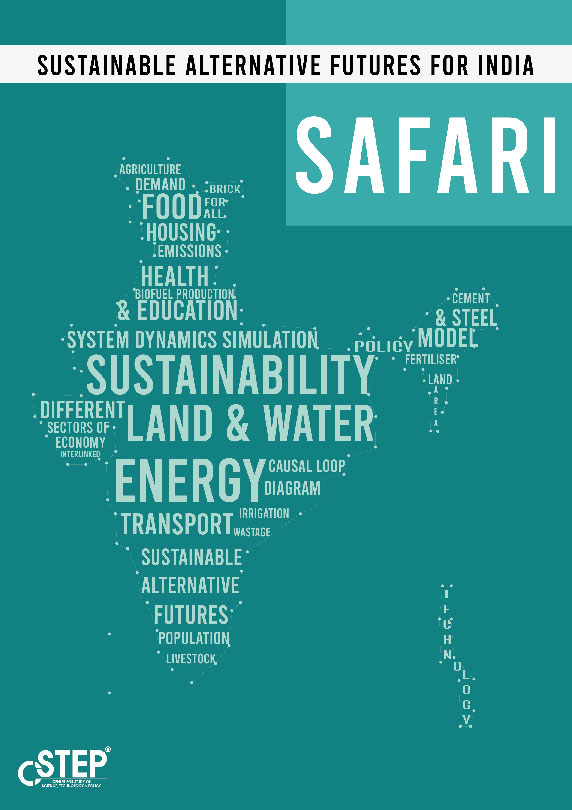

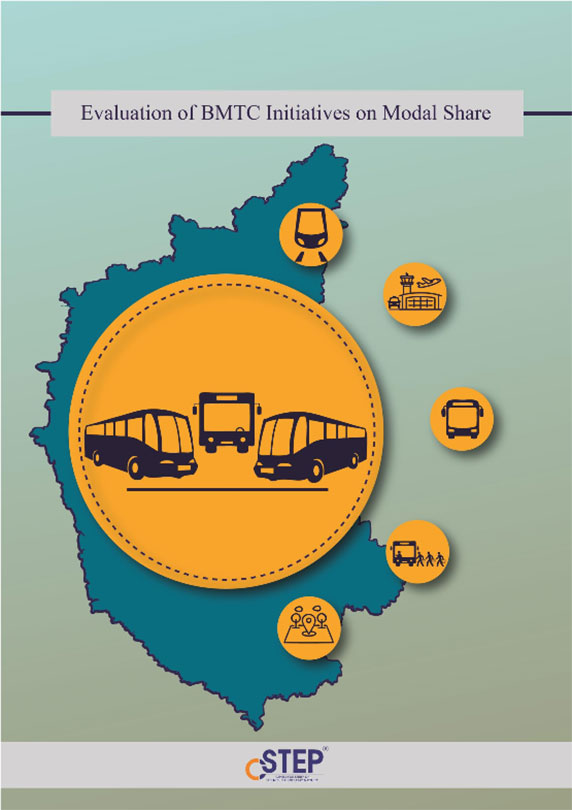
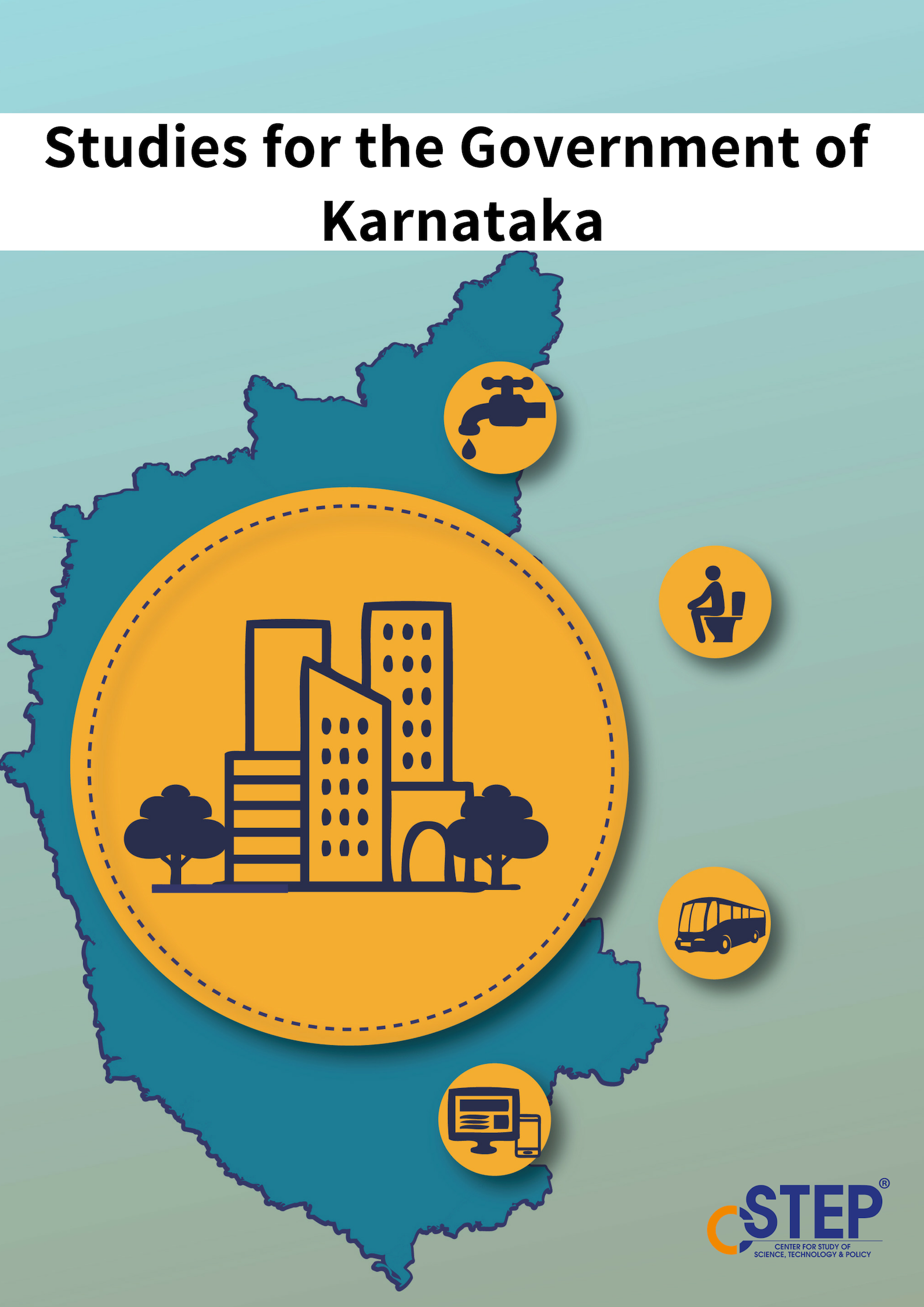

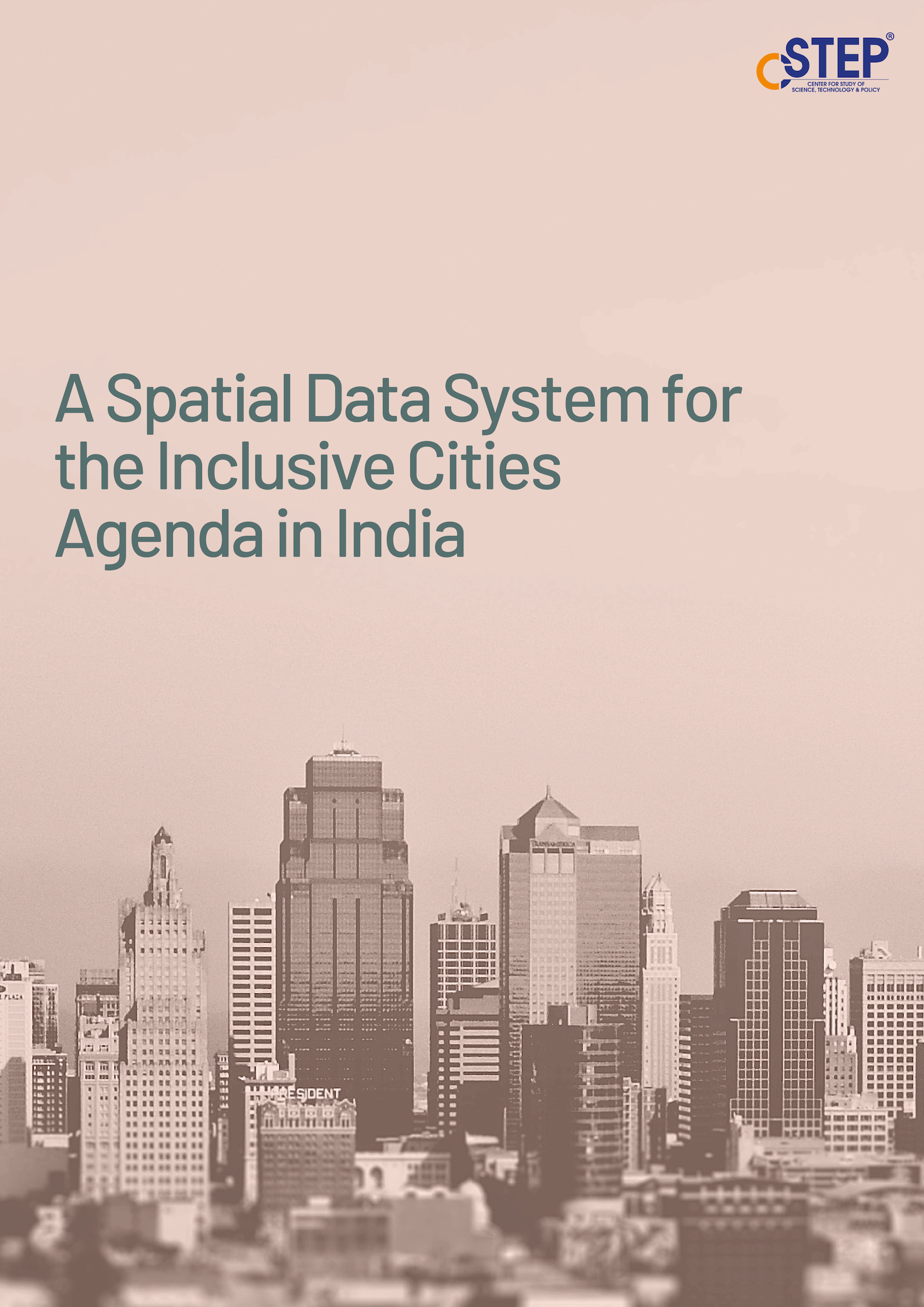
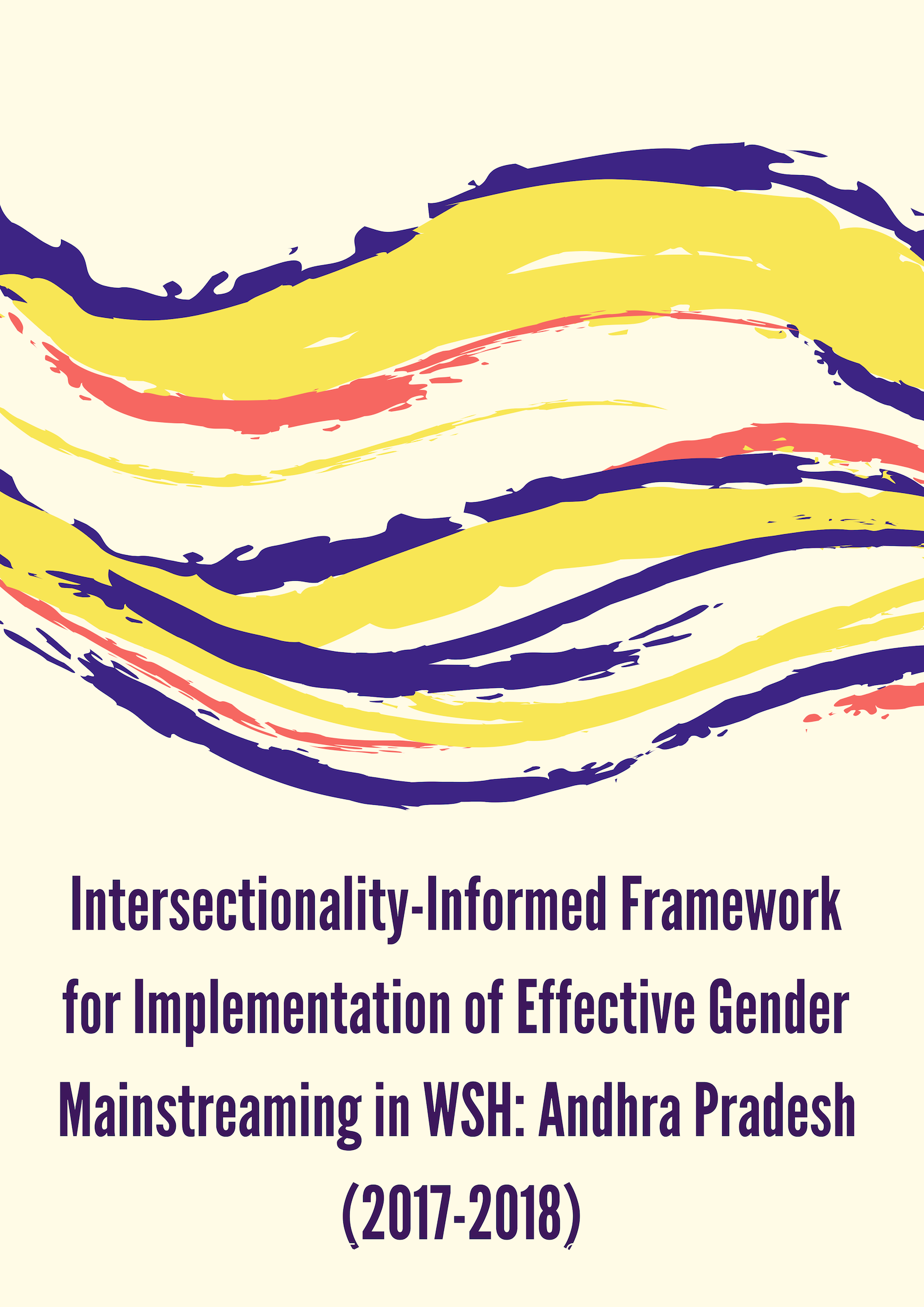
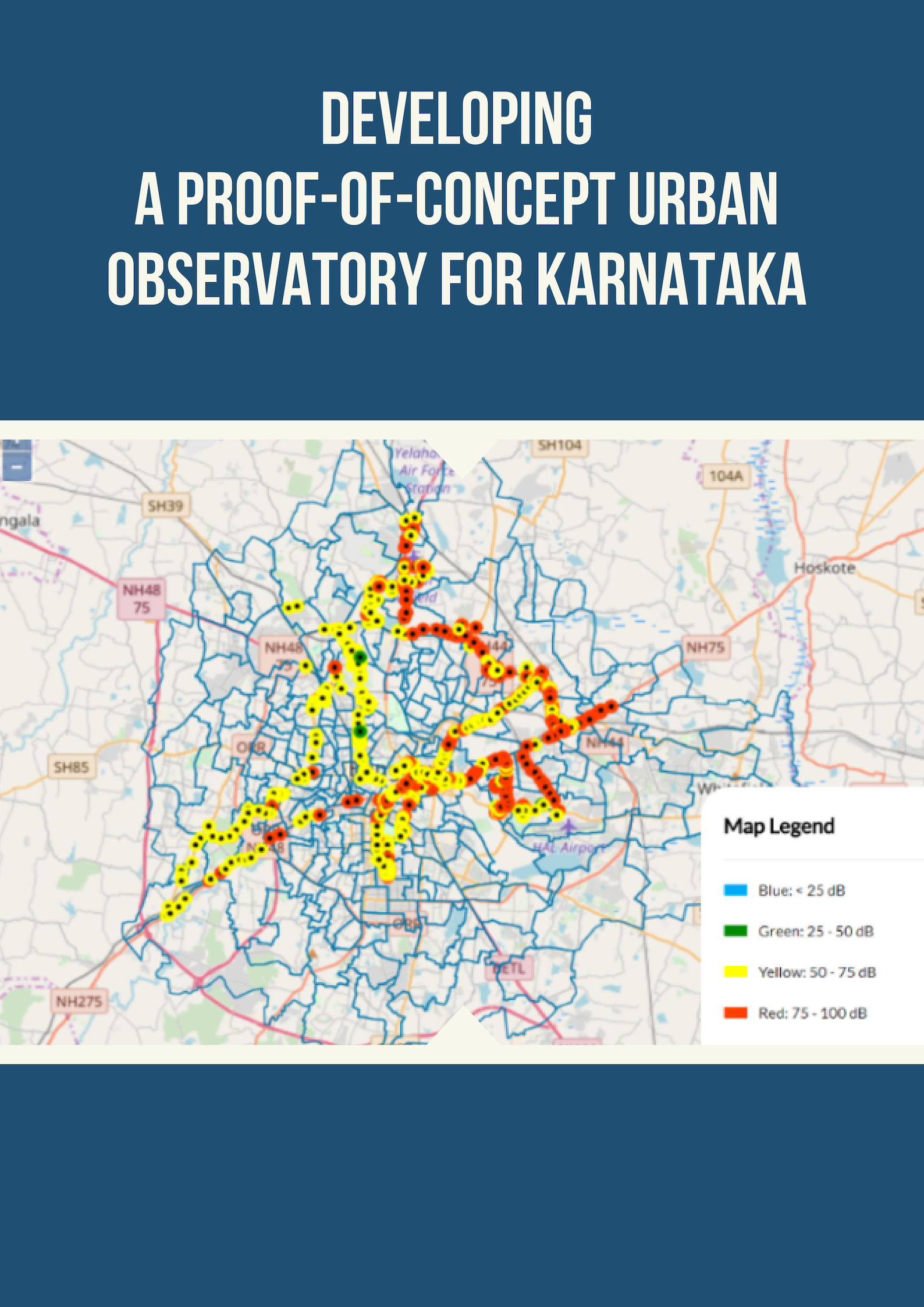
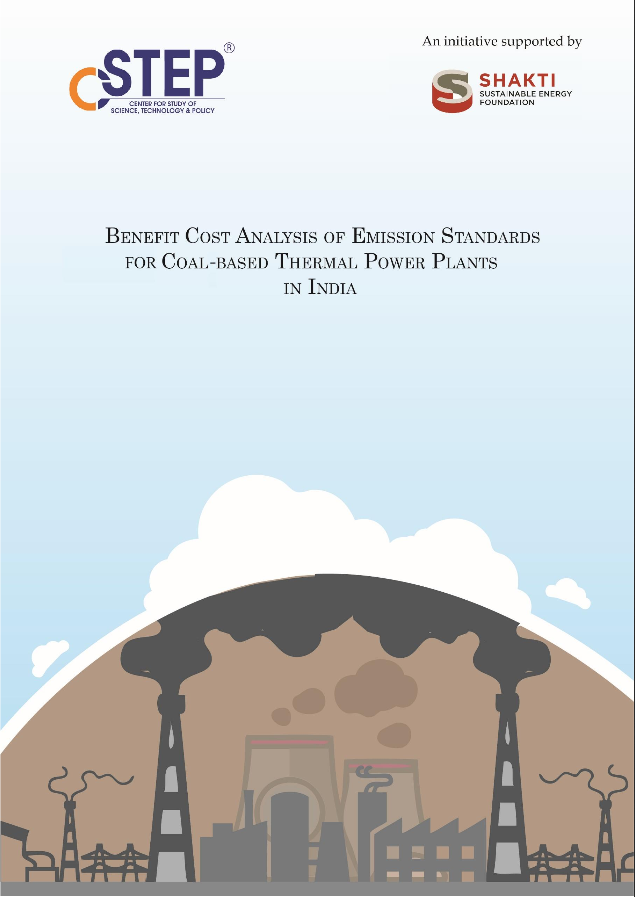


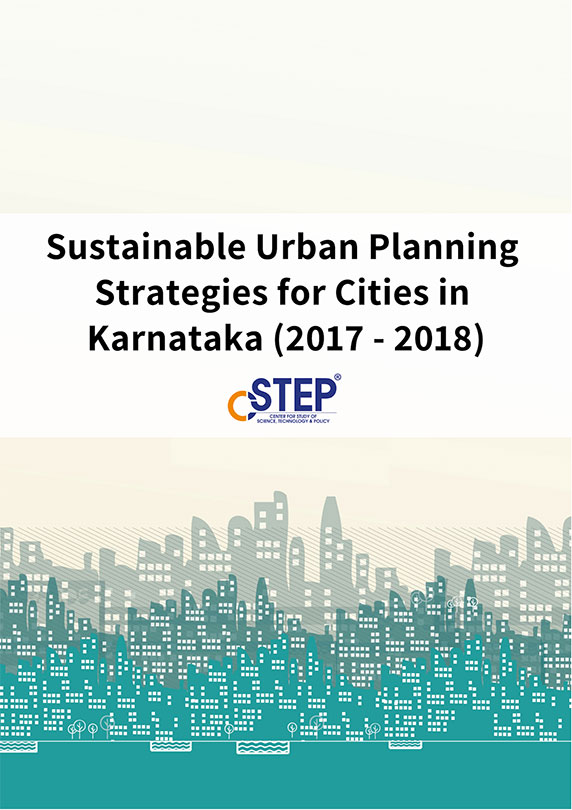




Beyond shelter, dweller needs within the four walls
In the Interim Budget 2024, Finance Minister Nirmala Sitharaman announced the construction of two crore additional houses over the next five years under the Pradhan Mantri Awas Yojana Gramin (PMAY-G) and the introduction of a new housing scheme for the middle class. This is a commendable step towards realising the goals of the ambitious ‘Housing for All’ initiative and builds on the success of the PMAY scheme, which has facilitated the construction of nearly three crore rural and 80 lakh urban affordable houses since 2015.
Unravelling India’s Changing Rural Migration Patterns Amidst Climate Change
The 28th meeting of the Conference of the Parties (COP28) in Dubai underscored the need for scaling up and strengthening adaptation and resilience activities to protect the vulnerable sections of society, such as farmers, from the adverse impacts of climate change. Escalating rural migration and diminishing local production in rural areas due to climate impacts markedly influence the Indian economy, which is essentially agrarian and predominantly rainfed.
IPCC work on seventh climate assessment threatened by shorter timelines
Established in 1988, the U.N. Intergovernmental Panel on Climate Change (IPCC) has been bringing out climate change assessment reports on a periodic basis. So far, it has produced six assessment reports, three special reports, as well as methodology reports that provide guidelines for estimating greenhouse gas (GHG) emissions and removal.
Trans-segmental cooperation is the key to implement the renewable energy initiatives announced in the Interim Budget 2024
In a welcome move, the Interim Budget 2024 provides great impetus to the rooftop solar segment through the ‘Pradhanmantri Suryodaya Yojana’. Under this scheme, the current rooftop solar subsidy rate of 40 percent has been increased to 60 percent. Allocation for the solar power sector has seen an increase of 48 percent compared to the last year. At present, India has 11 GW of rooftop solar installations, but the major potential remains untapped.
Empowering Grassroots for Climate Action: Dissemination of Climate Modules
The first blog looked into the Center for Study of Science, Technology and Policy’s (CSTEP’s) engagement with Climate Asia (CA) on their Climate Action for Civil Society Organisation Development Programme for Civil Society Organisations (CSOs). In this concluding blog, we explore the design and development of the climate modules and share insights and learnings from the engagement.
Empowering Grassroots for Climate Action: Bridging the Knowledge Divide
In this two-part blog series, we revisit our experience in capacity building for civil society organisations (CSOs) working across India’s diverse rural landscape, where there is an urgent need to enhance climate adaptation knowledge to address the multi-dimensional challenges of climate change.
Was the COP28 climate summit a milestone or a mirage?
The 28th session of the Conference of the Parties (COP) – an annual convening of countries signatory to the United Nations Framework Convention on Climate Change (UNFCCC) – happened in Dubai this year, with high expectations that countries would take concrete steps to address the climate crisis.
The negotiations encompassed mitigation efforts, adaptation strategies, financing mechanisms, and the role of developed versus developing nations in climate action. The summit ended with progress on certain fronts but lingering challenges on others.
Can green and carbon credits drive investment opportunities in rural India?
India is grappling with a surge in extreme climate events causing significant losses, with a shortfall in global climate action, according to the 2023 Synthesis Report of the first Global Stocktake by the United Nations Framework Convention on Climate Change (UNFCCC). With an aim to promote sustainability and reduce carbon emissions, the Carbon Credit Trading Scheme (CCTS) and the Green Credit Programme (GCP) were launched under the Lifestyle for Environment (LiFE) initiative this year.
COP28 and India: Phased phase-out or no phase-out?
Most high-income countries, particularly the United States, Australia, and the United Kingdom, have opposed the removal of ‘fossil fuel phase-out’ from the COP28 Global Stocktake (GST) text. In reality, these countries are opposing a ‘just and equitable phase-out’, wherein they would be required to lead the way in phasing out fossil fuels. These countries still rely on fossil fuels to meet most of their primary energy demands and continue to expand their oil and gas production.
Amplifying voices for nature at COP28
Climate change is a universally urgent issue that impacts all nations, with interlinked consequences for economies, societies, and ecosystems. At the seat of this problem lies the unchecked, irreversible land-use change affecting about 32 per cent of the Earth’s terrestrial area. COP28 provides an opportune moment to shed some light on prioritising nature and biodiversity conservation, alongside carbon-centric strategies.
